 |
| Artificial intelligence cannot replace human emotions in literary creation. Design: YEN LAN |
When entering the chatbot, users can make requests up to 25,000 words long, and will receive a response in the shortest time. That means anyone can instruct Chat GPT to write for them a speech, an essay, or even a genre similar to a literary work. Previously, many people used artificial intelligence (AI) to support writing, with software such as Sudowrite, Jasper, or Writesonic. However, Chat GPT is at a level of technological perfection that is more threatening to human capacity. On many forums, there have been opinions telling each other how to "borrow" Chat GPT to write for them in order to earn money from others.
In the US, the prevalence of Chat GPT has caused headaches for many editorial offices. For example, Claresworld magazine, a science fiction magazine, has announced that it will no longer accept works written by Chat GPT. The reason is that in the thousands of short stories recently submitted to Claresworld magazine, AI short stories have equaled the number of human short stories. The quality of AI short stories is not too bad, although they often have similar titles and character names, but they raise many ethical and legal issues. No one is responsible for the copyright of AI, and no one can guarantee that AI short stories do not completely copy plots from previous works written by humans. Obviously, the usefulness of Chat GPT also has many consequences for the journey of human writing creation.
In response to Chat GPT, many publishing units have to treat AI-written works as spam. However, AI does not write and send itself. It is still human behavior! Therefore, the story between Chat GPT and the writing profession is very hot but also very complicated.
Vietnam still inherits technology from civilized countries, so the pressure from AI on literary life is not much. In the US, a few decades ago, the public was wary of the encroachment of machines into the field of literary creation. Since 1984, the poetry collection "The Policeman's Beard Is Half-Constructed" by author Racter has sparked a debate. Rhyming lines like "I need electricity/ I need it more than I need lamb or pork or cabbage or cucumber/ I need it to dream" are extremely unique and attractive, but few people accept it as poetry. Why? Because Racter is not a real author of flesh and blood. Racter is the name of a computer software. Racter was experimented with writing poetry to measure the level of human imitation by machines.
Compared to Racter, Chat GPT is a hundred, a thousand times more advanced. However, whether Chat GPT can create poetry that can convince humans is not a simple matter. Even humans cannot clearly define the shape of poetry, so algorithms cannot narrow the gap between poets and machines. Even if programmers "implant" Chat GPT with the rules of poetry, Chat GPT still cannot write poems with the identity of a true poet!
Poems that do not come from sympathetic tears and honest worries, Chat GPT has done that. Poets must write poems that flow from their hearts.
Computer scientists have long used poetic criteria to define each threshold of AI development. And of course, randomly mixing available data is not literary creation, and certainly not poetry.
AI has been widely applied in many fields of art, from music to painting. Chat GPT has taken a spectacular step forward in the text-building industry. AI articles, AI short stories, AI scripts... have amazed the community. However, poetry is still strange to AI. AI can defeat the world champion, but it is difficult to defeat a poet who consciously dedicates to life the turmoil distilled from his own joys and sorrows. Poetry is not an art of precision, with a certain number of words in a certain order. Therefore, Chat GPT can only create soulless patchwork.
Don't think that Chat GPT's ability to produce attractive phrases at super speed is the end of the poet's role. Praising a poem created by Chat GPT is to glorify fake art. Chat GPT writes poems by the manipulation of a person shuffling words. Machines do not have the ability to think like humans. Machines can only synthesize and reason differently from humans, but cannot be like humans. The value of a poem lies in the deep consciousness of humans, suffering or happiness, separation or reunion, even unhappiness has many levels, Chat GPT cannot understand and do it for them.
AI is still aiming for progress in natural language, with poetry being a good measure. Then, algorithms will be upgraded, to find the most suitable words and arrange them in the most intricate way, which will only surprise, not thrill. Certainly, no algorithm can program human emotions. Chat GPT cannot write true poetry, because Chat GPT does not have a human heart.
The presence of Chat GPT is a warning to poets, don't be coy and don't pretend to be in love anymore. Poems that don't come from sympathetic tears and honest worries, Chat GPT has done that. Poets must write poems that flow from their hearts.
GPT Chat helps poetic creation to be restored to its original state by humans and for humans. Poetry becomes a barrier to prevent machines from invading personality and replacing love between humans. Therefore, it is no coincidence that most advanced humanity finds poetry to be the last barrier of human emotions, before the wave of attacks from AI-based machines.
Source: https://baophuyen.vn/van-nghe/202505/cam-xuc-sang-tao-co-vuot-qua-thuat-toan-cong-nghe-9fb1a8a/









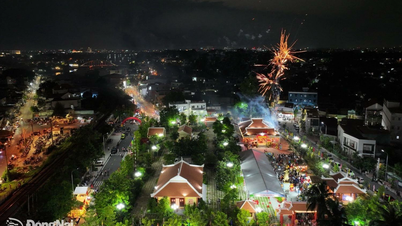



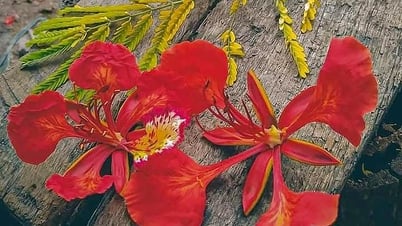

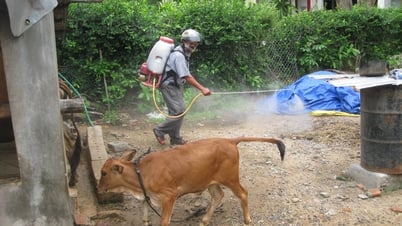






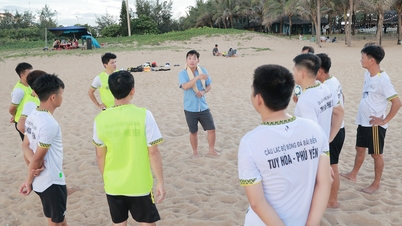
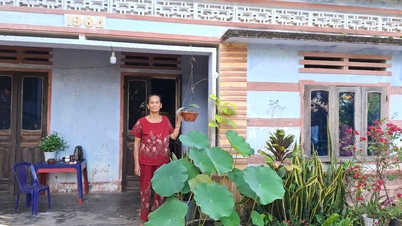
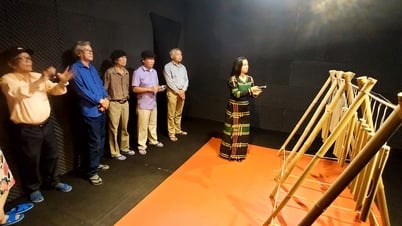




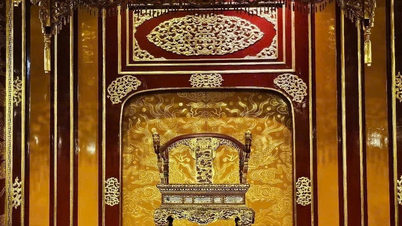





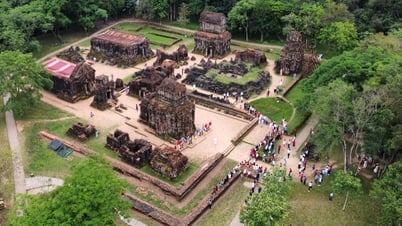







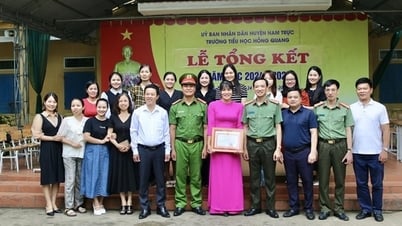



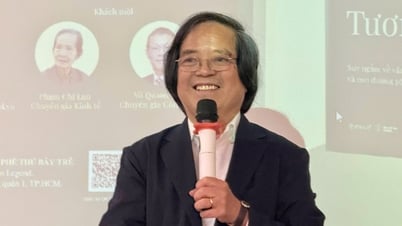

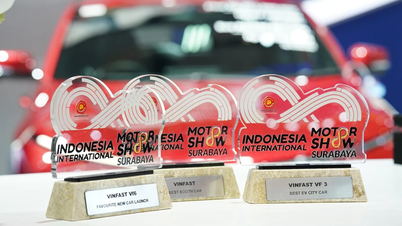










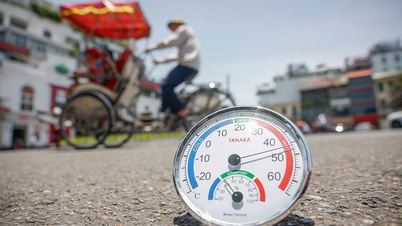









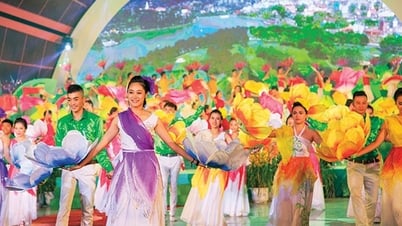

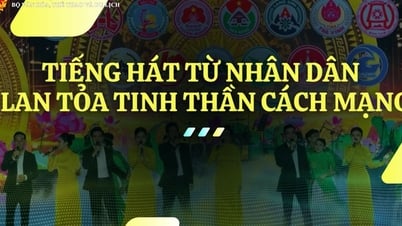

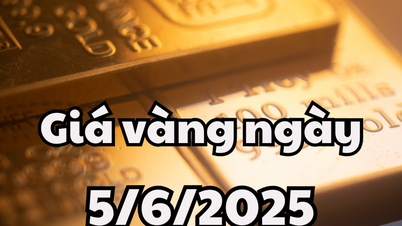


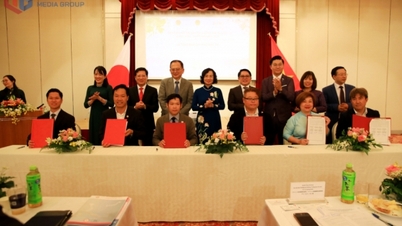



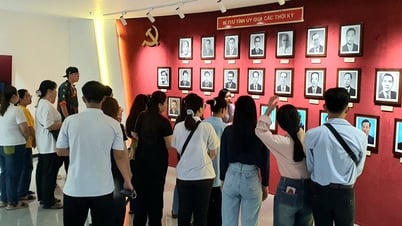



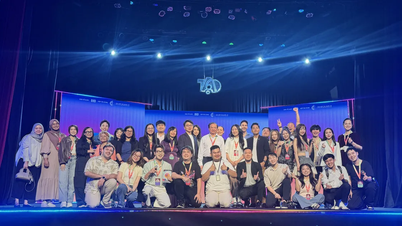









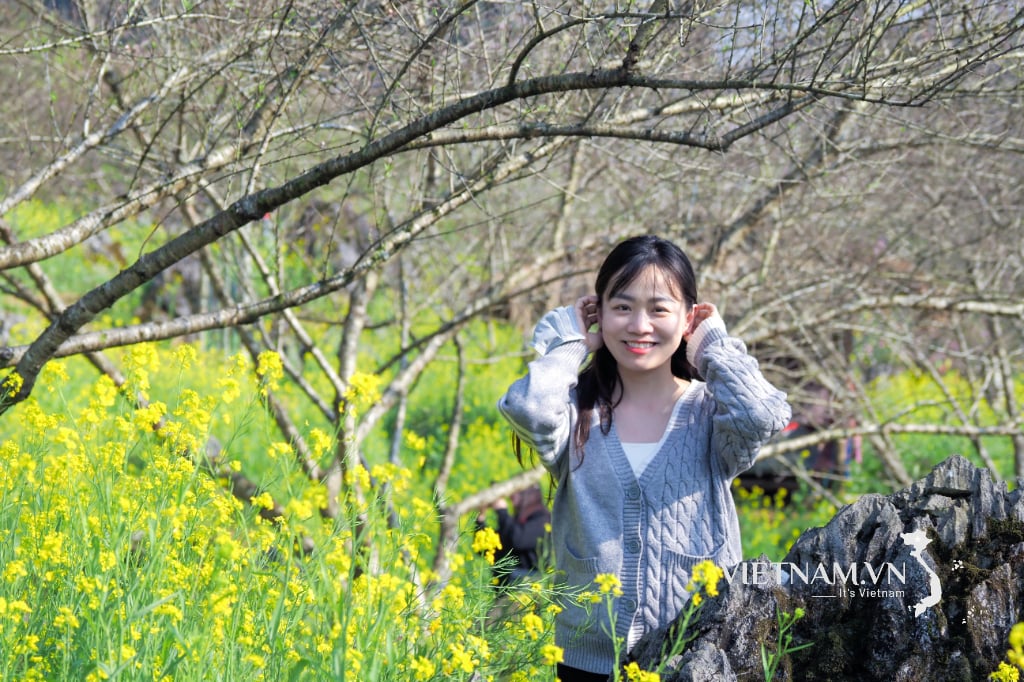
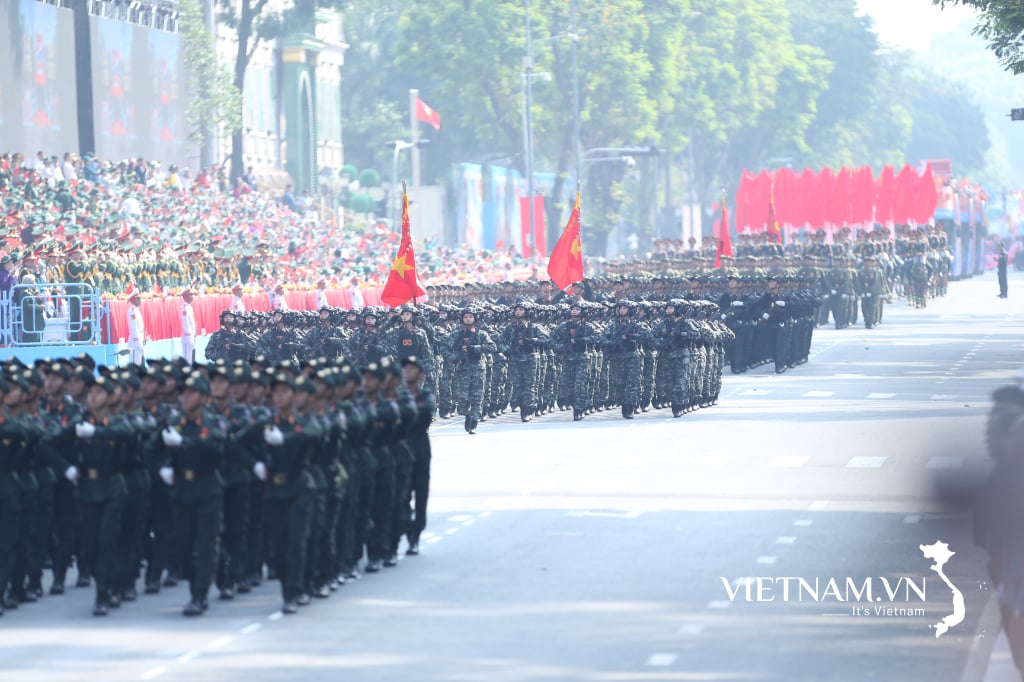
Comment (0)